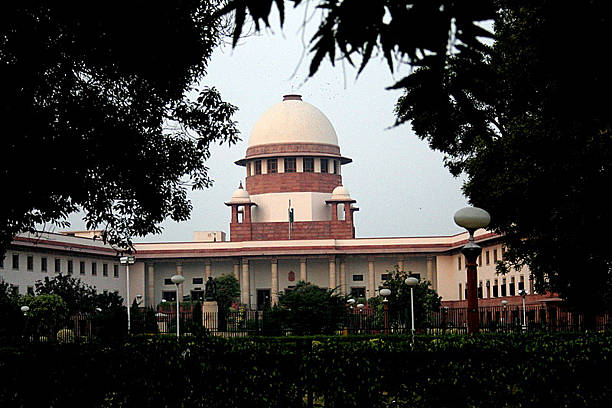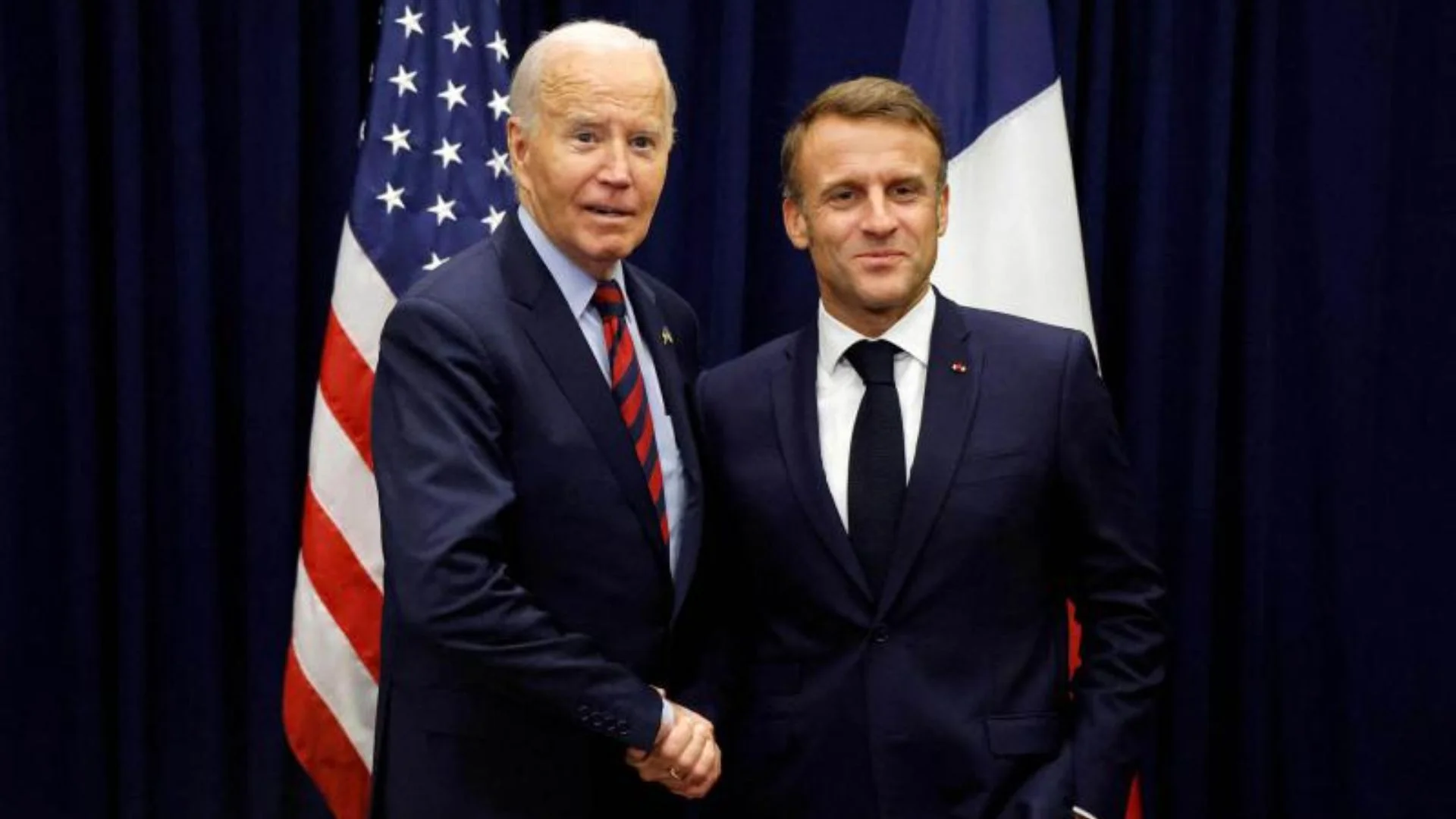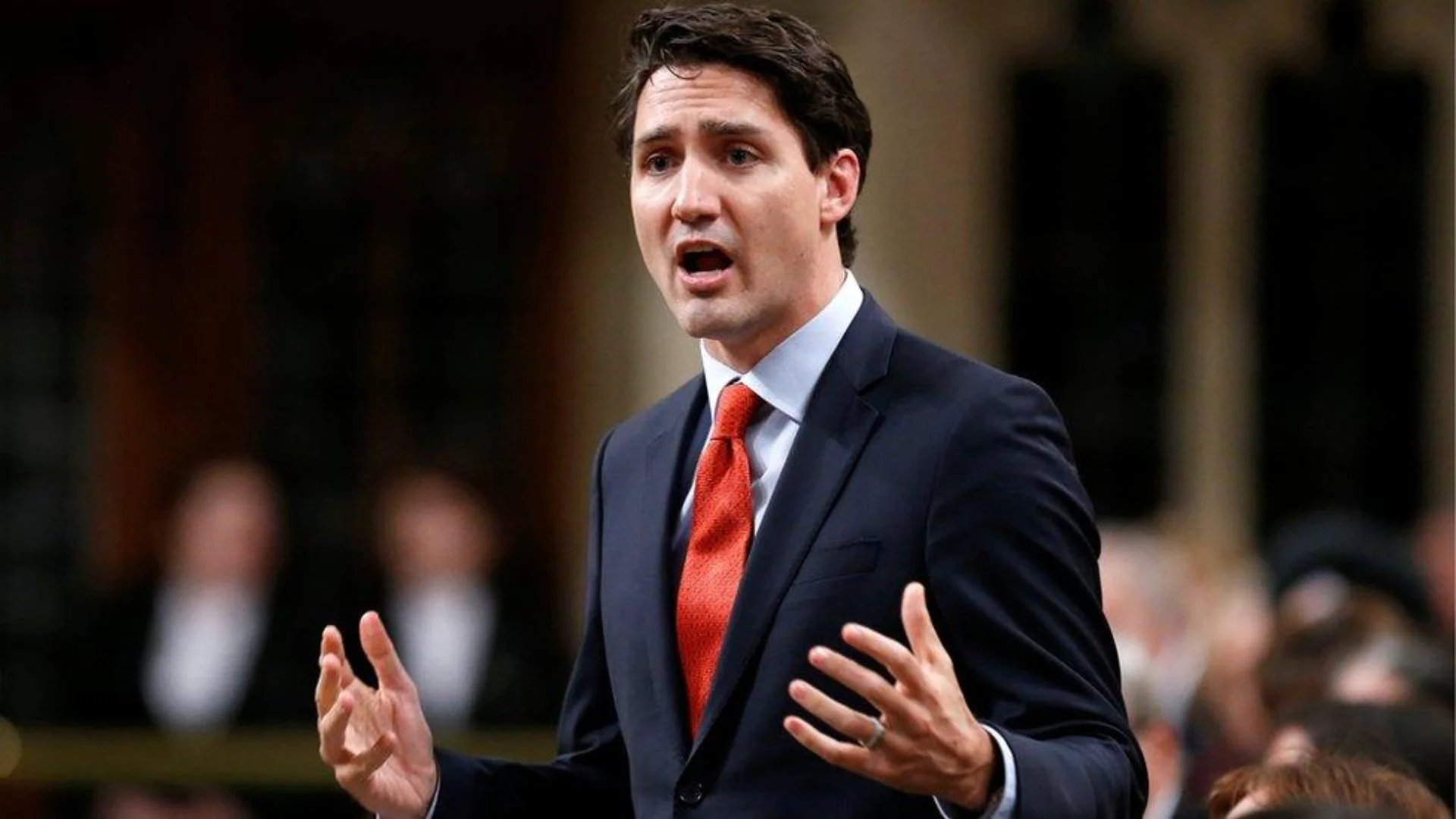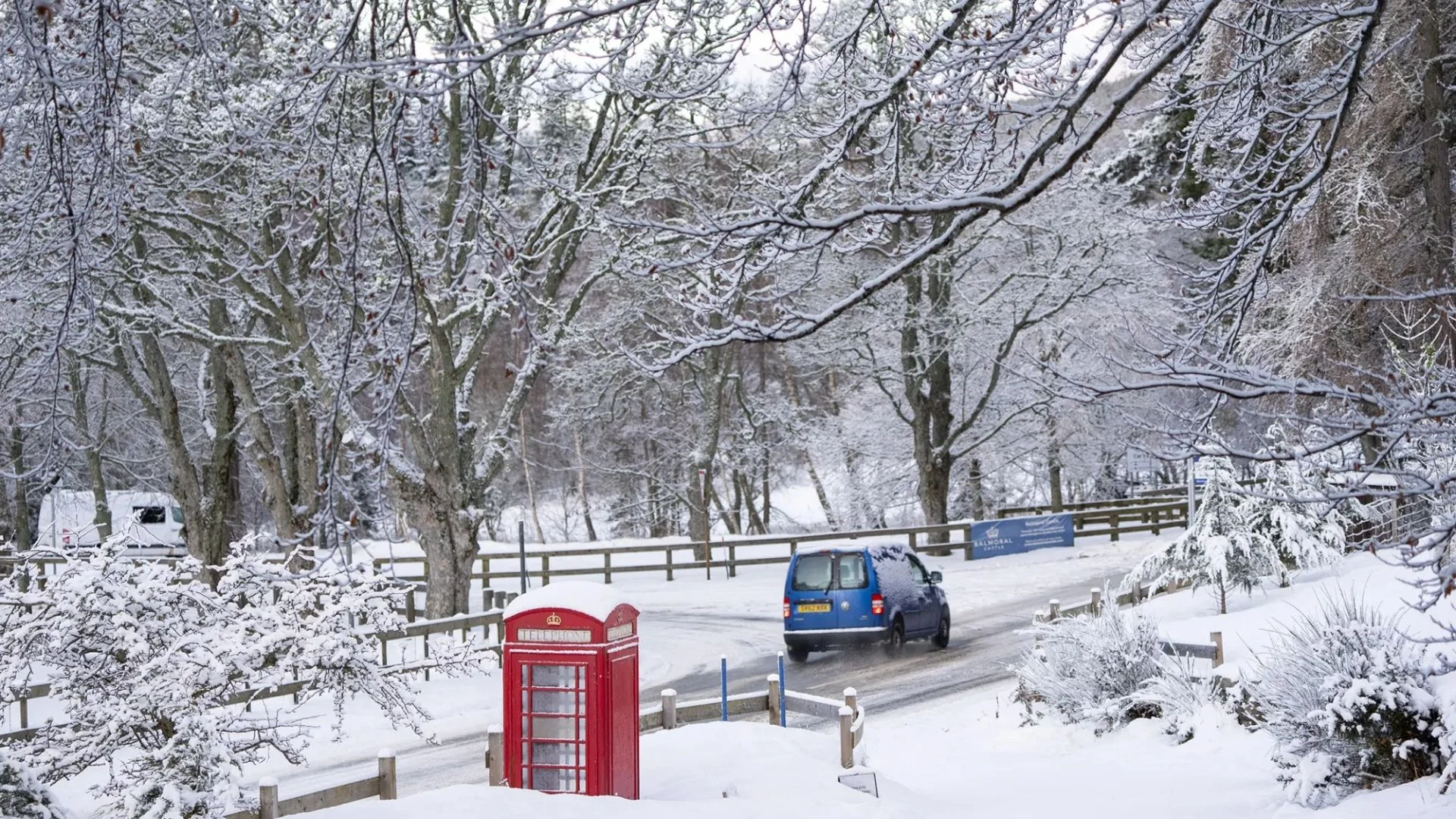
The Supreme Court on Monday observed that forced religious conversion is a “very serious issue” and may affect the “security of the country” along with the freedom of conscience of citizens as far as religion is concerned.
A bench of Justices M.R. Shah and Hima Kohli directed the Centre to file an affidavit on a plea seeking stringent steps to control ‘fraudulent and deceitful religious conversion’. “It is a very serious issue which will affect the security of the nation and freedom of religion and conscience,” said the bench as it posted the next hearing on 28 November.
During Monday’s hearing, the bench observed, “It is a very dangerous thing. Everyone has the freedom of religion. What is this forceful conversion?”
“There may be a freedom of religion, but no freedom of forced conversion. What steps has the government taken in this regard? The government should make its stand clear on what action it proposes to take. Conversion is allowed under the Constitution, but not forcible conversion,” Justice Shah said.
Solicitor General Tushar Mehta, appearing for the Centre, told the bench that conversions are rampant in tribal areas. “Giving rice, wheat or other things to the poor for conversion… In tribal areas, this is rampant,” Mehta said.
To this, Justice Shah asked Mehta, “Then what is the government doing?”
It then directed the Centre to file an affidavit by November 22 on the plea. Dictating the order, the bench said, “It is better that Union of India may make their stand clear and file counter on what further steps can be taken or others to curb such conversation by force, allurement or fraudulent means. At the request of SG, (the next date of hearing on the plea) is posted on November 28. Counter affidavit to be filed by November 22.”
The apex court made the observation on a plea filed by advocate Ashwini Kumar Upadhyay claiming that fraudulent and deceitful religious conversion is rampant across the country and that the central government has failed to contain the practice. The plea sought directions to the Law Commission of India to prepare a report and a Bill to control “deceitful religious conversion”.
It further sought a declaration from the SC that fraudulent religious conversion and conversion by intimidation, threats or through gifts and monetary benefits is in contravention of articles 14, 21 and 25 of the Constitution.
The PIL said, “There is not even one district which is free of religious conversion by hook and cook and the carrot and the stick. The Centre is obligated to enact a countrywide law for the same.”
Earlier, the apex court had dismissed a similar petition filed by Upadhyay.
‘Religious conversion may pose a danger to national security, stop it’, SC warns centre
‘If religious conversion is not stopped may pose a danger to national security.’ The Supreme Court has warned union government and asked to step in and make sincere efforts to check the conversion practices.
The Bench Comprising Justice MR Shah and Justice Hima Kohli termed a religious conversion a serious issue. Bench said religious conversion through deception, allurement and intimidation is dangerous to national Security.
It warned a “very difficult situation” will emerge if such religious conversions are not stopped as they may pose a danger to national security and the fundamental right of citizens to freedom of religion and conscience.
“This is a very serious matter. Sincere efforts are to be made by the Centre to stop forced conversions. An otherwise very difficult situation will come. Tell us what action you propose… You have to step in,” the bench observed.
Solicitor General Tushar Mehta submitted before the top court that the issue was debated even in the Constituent Assembly and Government is serious about it.
“There were two Acts. One was by the Odisha government and another one by Madhya Pradesh dealing with regulation of any forcible conversion by deceit, falsehood or fraud, money. These issues came before this court for consideration and the top court upheld the validity,” Mehta said.
The solicitor general said forced religious conversions are rampant in tribal areas. Many a time the victims are not aware they are the subject matter of criminal offense and would say they are being helped, Mehta said.
The top court observed there may be freedom of religion but there cannot be freedom of religion by forced conversion.
“The issue with respect to the alleged conversion of religion, if it is found to be correct and true, is a very serious issue which may ultimately affect the security of the nation as well as the freedom of religion and conscience of the citizens.
“Therefore, it is better that the Union government may make their stand clear and file counter on what steps can be taken by Union and/or others to curb such forced conversion maybe by force, allurement or fraudulent means,” the bench said in its order. It granted time till November 22, 2022, to the Centre to file its response on the issue and posted the matter for hearing on November 28.
A PIL was filed by BJP leader abd advocate Ashwini Kumar Upadhyay seeking direction to the Centre and states to take stringent steps to control fraudulent religious conversion by “intimidation, threatening, deceivingly luring through gifts and monetary benefits”. The plea has also sought directions to the Law Commission of India to prepare a report as well as a Bill to control religious conversion by intimidation and through monetary benefits. Upadhyay submitted in his plea that forced religious conversion is a nationwide problem that needs to be tackled immediately.
The Supreme court had on September 23 sought responses from the Centre and others to the plea.















